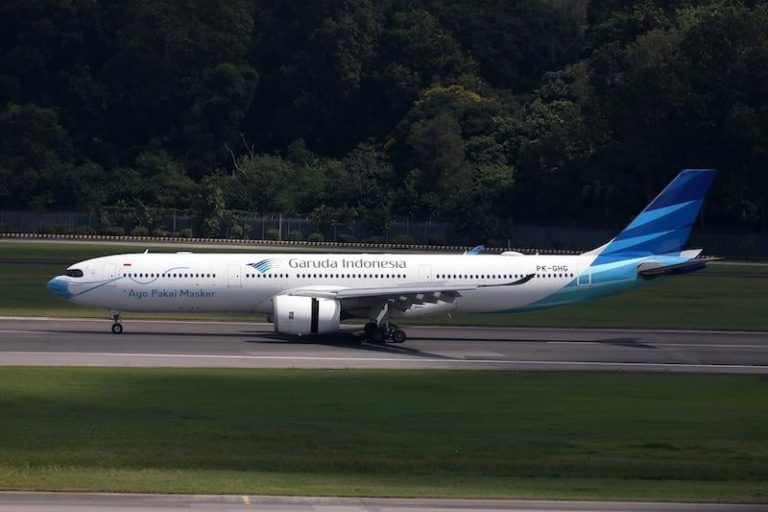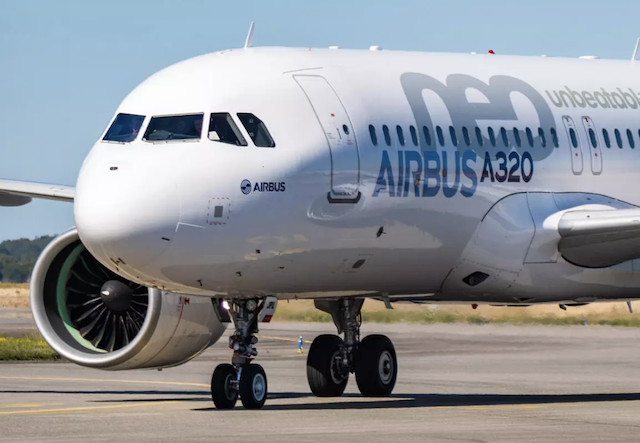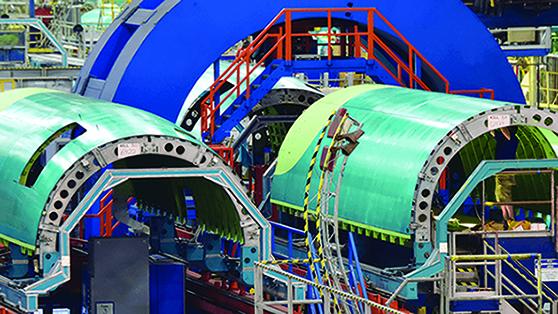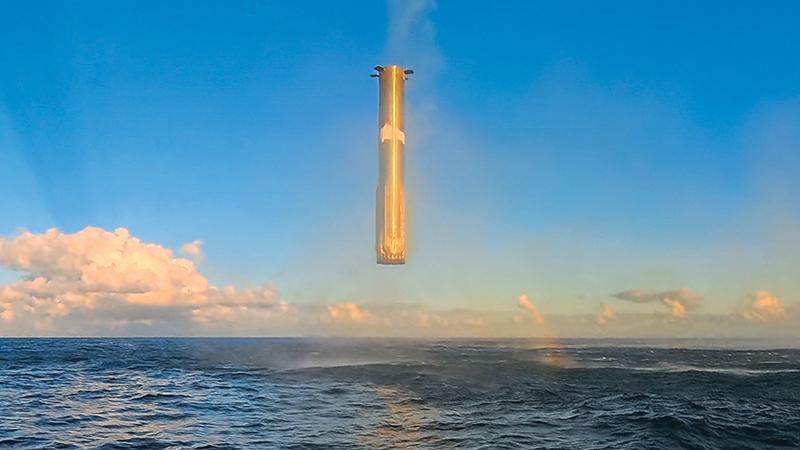Boeing recently sent a newly serviced 737 main battery to Southwest Airlines with an electronic airworthiness approval tag, kicking off a program that those involved hope will grow quickly and increase supply chain security as it expands.
The first-ever shipment of a part with a digital authorized release certificate (ARC)—in this case, an FAA 8130-3—went from Boeing‘s services center in Davie, Florida, to Southwest in Dallas, the companies confirmed Oct. 13. The digital 8130-3 data packet certifying the 737 battery’s airworthiness traveled via Aeroxchange’s purpose-built data-interchange platform.
All three companies are part of a working group formed several years ago to explore electronic ARCs (eARCs). The effort accelerated in the wake of 2023’s AOG Technics records falsification scandal that saw the vendor pass off thousands of parts with falsified ARCs to airlines and repair stations.
An October 2024 report from the Aviation Supply Chain Integrity Coalition (ASCIC), formed in February 2024 to study the case and the broader issue of supply chain security, made adoption of eARCs one of its key recommendations. Boeing is a founding member of ASCIC, while Southwest and Aeroxchange joined this year.
The battery shipment marks the eARC development group’s culmination and, members hope, the start of a steady industry adoption trend.
Boeing plans to expand electronic 8130-3 distribution to wheels and brakes serviced at its Davie service center “soon,” the company said. Each of its other eight service centers will add the capability once FAA approval—FAA OpSpec A025 authorization for use of an electronic record-keeping system—is granted.
“This industry-first shipment reflects Boeing’s dedication to pursuing game-changing solutions through teamwork and partnership,” said William Ampofo, Boeing Global Services (BGS) senior vice president of parts & distribution and supply chain. “Together with Southwest Airlines and Aeroxchange, we are transforming how the industry ensures part authenticity and supply chain security.”
Boeing is “leveraging multiple industry associations,” including ASCIC and the Aeroxchange-sponsored eARC working group, as part of its expansion plan, the company said in a statement. “We are also directly engaging with our suppliers and peers in industry to demonstrate our approach” to implementing eARCs, it continued. “We are still piloting this project and will continue to work through the regulatory authorization process and share details about the technology needed to implement this more broadly across the industry,” Boeing added.
Southwest plans to adopt the method “over time” as Boeing and other service providers add the capability, the airline said.
“Southwest is proud to be a partner in the electronic process of document transfers and thrilled to be onsite for the very first delivery of a ship battery using this process,” said Landon Nitschke, Southwest’s senior vice president of technical operations. “The security benefit of electronic forms aligns to Southwest’s value of a safety-first culture and will be of significant benefit in the aviation industry,” Nitschke said.
Aeroxchange’s platform, which it named eARC, meets security protocols required for transmitting regulatory documents. It also works seamlessly with the company’s existing aftermarket electronic data interchange services, CEO Al Koszarek said.
“As you’re transmitting purchase orders, a related transaction in the purchase order is the communication of the certification,” Koszarek told Aviation Week in an interview.
The purpose-built platform provides three primary functions: authoring ARC records, transmitting them, and visualizing replications of them in familiar formats such as a PDF. It will “co-exist” with current paper-based processes as companies transition to fully digital parts records, Koszarek said. It also will be scalable to serve both large manufacturers and smaller vendors.
“You’ve got the big players. They’ve got their back office and they set up their release systems to handle this and migrate from paper-based to a digital-based release framework,” Koszarek said. “But smaller suppliers want a service that will allow them to come to a secure node in the network and be able to author and manage the creation of these electronic ARCs and manage the transmission. That’s part of the service offering as we look forward.”













